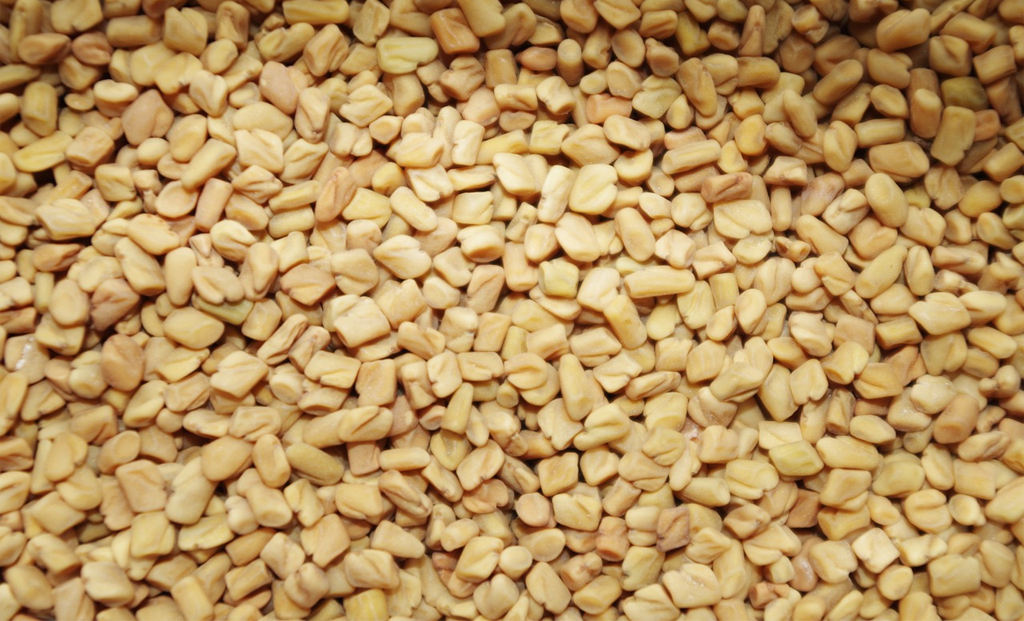The first phase 3 trial of a study has shown that a one-shot chikungunya vaccine has been found to be safe and nearly 99 per cent effective in preventing viral disease. The findings of the phase 3 trial have been released in the Lancet Journal. Experts who have been involved in the study have said that the vaccine has produced a robust immune response among elderly people. Nonetheless, experts are not sure whether the VLA1553 vaccine can prevent subsequent disease as the study has not been done in areas where chikungunya is widespread. The vaccine has been developed by the French biotech firm Valneva.
Chikungunya is a mosquito-borne viral infection
Chikungunya is a mosquito-borne viral infection triggered by the chikungunya virus (CHIKV). The disease has become widespread in some areas of Africa, Asia, and the US.
Patients suffer from fever for around four to eight days after being infected with chikungunya. Fatigue, headaches, nausea, and chronic muscle and joint ache are some of the common symptoms of the disease. The muscle and joint pain is often severe and can prolong for weeks, months, or years. Chikungunia can lead to death if not treated immediately. Elderly people and infants are at a higher risk of the disease. No approved vaccine is there to prevent the disease as of now.
Understanding Fatigue: Causes, Symptoms, and Management | ALSO READ
The lead author of the study, Martina Schneider has said that it might be the first chikungunya shot accessible for people based in endemic areas. The one-shot vaccine has shown good perseverance in antibody levels after immunization. At present, there is no effective treatment available for chikungunya. Experts believe that CHIKV is one of the viruses that are most likely to transmit across the globe due to climate change driving the transmission of mosquitoes in other parts of the world.
Nearly 4,115 healthy people in 43 study sites in the US and 3,082 other participants received one dose of VLA1553 through an injection in the arm. While 1033 people received a placebo. Experts followed their immune responses after a week, three months, and six months. They found no difference in immune response among participants based on their age. Muscle pain, headaches, pain at the injection site, fatigue, and joint pain were the common adverse events observed during the trial. More adverse incidents were witnessed in the placebo-controlled group. The safety profile was the same among all age groups.
Shot has been prepared from a debilitated form of live virus
The shot has been prepared from a debilitated form of the live virus, therefore it might not be fully suitable for people with compromised immune systems, and pregnant women. Experts have said that the shot needs to be given to children as well to make the vaccine effective in managing rampant diseases. At present, the authors of the study are conducting a trial in endemic areas of Brazil among adolescents to assess the efficiency and safety of the new chikungunya vaccine.










